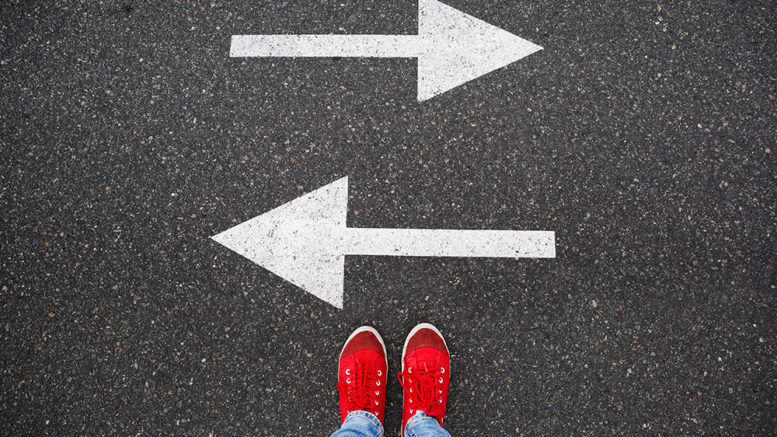The average European is unaware of 99.74% of the decisions they make every day, according to a new study from global technology company Huawei.
Looking at the similarities between the human brain and Artificial Intelligence, the study shows how hard our brains work without us having to consciously engage it.
It is commonly accepted that the human brain makes approximately 35,000 decisions (1) a day; however, the research reveals we are aware of just 0.26% of these decisions. In fact, most respondents believe they make only 92 decisions per day.
Walter Ji, President, Huawei Western Europe Consumer Business Group said: “The research shows how human intelligence works just like Artificial Intelligence, operating in the background to empower us in everything we do. While revealing a significant gap between the number of decisions we believe we make every day and the actual number we make, the results also shed light on other discrepancies between how we think we spend our time, and how we actually spend it.”
The research also found that many people would like their smartphones to help with decisions and make their lives easier:
- 47% said they would like to be presented with creative ways to use up the food that’s in their fridge
- 43% said they would like automatic notifications about travel.
- 39% said they would like help learning new languages
- 38% would like help with taking better photos
- 31% would like to be shown new music artists that they might like
Decisions, decisions
When asked to estimate how many decisions they make about food each day, the average guess was seven, versus the actual 221, showing how we’re simply not aware of the majority of the daily decisions our brains make.
Likewise, the results showed that the average guess for how many times we check our phones every day was 22 but, in reality, we glance at our mobile devices a staggering 76 times a day. And while we think we make an average of just 3.1 decisions when making a cup of tea, we actually make an incredible 65.
Furthermore, we believe we only spend an average of eight minutes deciding what to wear every day, whereas we actually spend more than double that, clocking in at 17 minutes (5).
Artificial Intelligence
The research was carried out as part of the launch campaign for the Huawei Mate 10 Series smartphones, which feature the world’s first Kirin AI processor. The intelligent chipset is Huawei’s first to include a Neural Processing Unit (NPU) and is designed to offer a faster, stronger and seamless smartphone experience.
The study was launched at London’s Saatchi Gallery, hosted by Huawei, at its showpiece event, “AI and Humans: Great Minds Think Alike” which explored how to unleash the potential of the human brain and Artificial Intelligence (AI).
Walter Ji, President, Huawei Western Europe Consumer Business Group, Huawei comments, “At Huawei, we developed the Kirin 970 AI chip to usher in a new era of intelligent smartphones that work in the background to make our lives easier and empower us to make better, more informed decisions. Making its debut in the Huawei Mate 10 series, the Kirin AI processor is engineered to understand how you use your phone, enabling it to predict its most efficient mode, optimise performance to keep the phone in prime condition and deliver all-round greater efficiency, with more power, at higher speeds”.
Paul Dolan, Professor of Behavioural Science in the Department of Psychological and Behavioural Science at the London School of Economics and Political Science, comments on the research, “The results are fascinating and absolutely demonstrate that the automatic mind processes many things unconsciously. Contrary to what most of us believe, human decision-making is a process handled to a large extent by unconscious mental activity – and in ways that are actually really helpful. We create habits to prevent our minds from being overloaded by simple routine tasks.”
“The results really shine a light on the amazing power and potential of the human brain and AI technology. AI mimics the human brain’s unconscious decision-making, which is why it has huge potential to improve human decision making and happiness.”
SOURCE: ResponseSource
